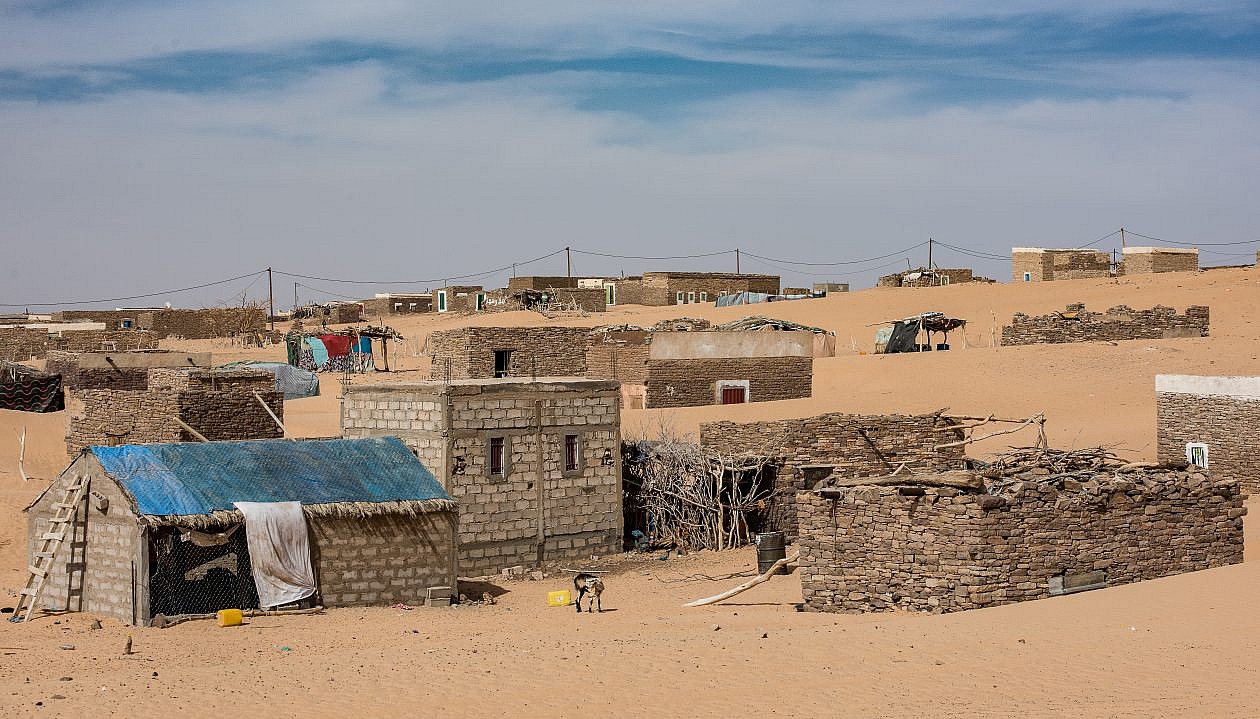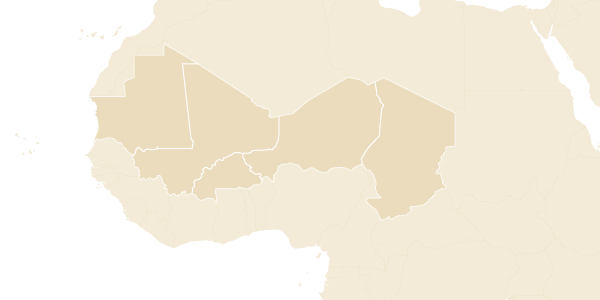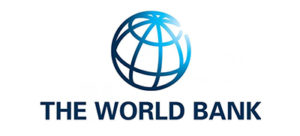
Mauritania now has the second most rapid urbanisation rate in Africa, with the urban share of the population steadily growing. Even though Mauritania has made positive strides in reducing spatial inequality in the past, cities tend to have better outcomes in poverty alleviation and while poverty remains a challenge in rural areas. More than half of all the poor (54 percent) live in four southern rural wilayas: Brakna, Gorgol, Hodh Ech Chargui, and Assaba where unequal access to quality social services and inequitable labour markets prevent them from becoming a healthy, educated, and productive workforce.
New Momentum for Decentralisation
The Mauritanian Government is committed to accelerate the decentralisation process as a means to improve service delivery and foster local growth inside the country, as well as support the social cohesion of refugees and host communities.
To support the government in this undertaking, the World Bank’s recently approved project “Decentralisation and Productive Intermediate Cities Support” (USD 66 million) will help improve access to local services in selected areas in the southern regions or wilayas and will strengthen the capacities of local governments to plan and manage public services. In particular, the project will finance basic infrastructures and decentralised services in intermediate cities. The project will also benefit refugees and host communities by addressing the increase in demand for local services and providing opportunities for refugees to contribute to the local economy.
A coordinated effort for the Sahel
This project is part of the Emergency Development Programme (PDU) – an initiative called to life by the governments of the G5 Sahel countries to stabilise border regions of the G5 countries with the financial support of the Sahel Alliance. This project is in line with the World Bank’s commitment towards the Sahel Alliance and its goal – jointly developed with the G5 states – to double access to electricity in the G5 countries by 2023, to provide infrastructure and multi-sectoral services and to strengthen decentralisation and local governance in order to consolidate stability in the Sahel region.
More info, check our factsheet here
Photo credit: World Bank (c)Dorte-Verner
Mauritania


Fields of action

Implemented by
-
World Bank
![]()


